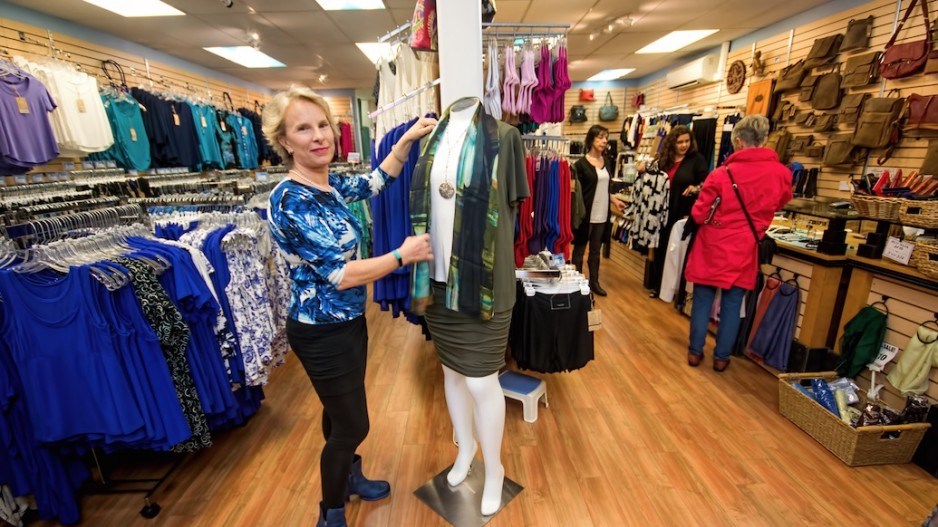Small-business owners are watching and waiting amid speculation that agreement on a broad framework for a revamped North American Free Trade Agreement (NAFTA) could come any day.
They wonder what tweaks negotiators may agree to that could affect their businesses.
U.S. ambassador to Canada Kelly Craft raised one issue that could affect small Canadian retailers in a recent speech, when she highlighted Canada’s $20 maximum limit on the value of goods Canadians are allowed to purchase directly from foreign e-commerce sites without paying duty – something technically called a de minimis rate.
Canada’s de minimis rate is one of the lowest in the industrialized world. The U.S. wants that limit raised to $800.
Many Canadians have post office boxes in the U.S., where they have e-commerce purchases shipped. They then visit the U.S. and stay for 24 hours, which enables them to bring back $200 worth of personal goods before duties.
Those trips south spur long lineups of cars driving back into Canada each weekend and trigger an ensuing spike in greenhouse gases, Craft said.
“Think of the carbon footprint of those traffic jams spread across the border,” she said, adding that Canada’s rate is outmoded.
“Surely there’s a number that reflects the reality of 2018, not 1978,” she said.
Canadian entrepreneurs who have spent their careers selling products aimed at reducing customers’ environmental footprints scoffed at Craft’s suggestion that hiking Canada’s de minimis rate would be good for the environment.
“That’s kind of self-serving BS really,” said Blue Sky Clothing Co. owner Marilyn Cobban, who has dedicated her business career to selling clothes that break down in landfills and contain no artificial dyes.
“You could put a spin on anything.”
Cobban, who has nine stores across B.C., has seen her company’s e-commerce sales rise about 300% in the past two years. She foresees that part of her business becoming an ever-larger slice. If Canadians are allowed a much higher de minimis limit, she fears that her sales could erode because U.S. products will become cheaper.
Goods are already often cheaper in the U.S. than in Canada, she said, because taxes tend to be lower south of the border and the savings from lower manufacturing taxes are passed on to customers.
“Encouraging people to buy things from the States isn’t good because of the way they have their taxes,” Cobban said. “Stuff in Canada can cost a bit more sometimes, but [because of higher taxes] we have better social programs.”
Other Vancouver fashion entrepreneurs have similarly experienced an inexorable pull toward e-commerce.
Public Myth owner Kerry Pollock, for example, closed his athletic wear business’ 4th Avenue store at the end of December, and he has since expanded the company’s office on Powell Street to include a showroom.
That reduced retail presence on a busy shopping street was driven by rising online sales at Pollock’s 10-year-old company.
“Five years ago, probably about 80% of our sales were going to resellers,” he said, referring to many yoga studios that had sold his clothing.
He said that he suspects that customers tried on clothing at those yoga studios and then bought the products online after researching the lowest price, pushing many of the yoga studios out of business.
“Now, our sales have shifted, and we’re probably getting about 80% of sales going directly to an end consumer.”
About half of those sales are via e-commerce to U.S. residents.
Pollock is unsure how much a higher de minimis limit for Canadians would affect his business because many large U.S. retailers, including the behemoth Amazon.com Inc. (Nasdaq:AMZN), have fulfilment centres in Metro Vancouver.
That means that Canadians who buy products that are stored at those warehouses do not have to pay any extra duty on their purchases.
“What would really hurt my business is if the limit went in the other direction, and Americans were only allowed to have a $20 duty-free limit for purchases from Canada,” he said. •




